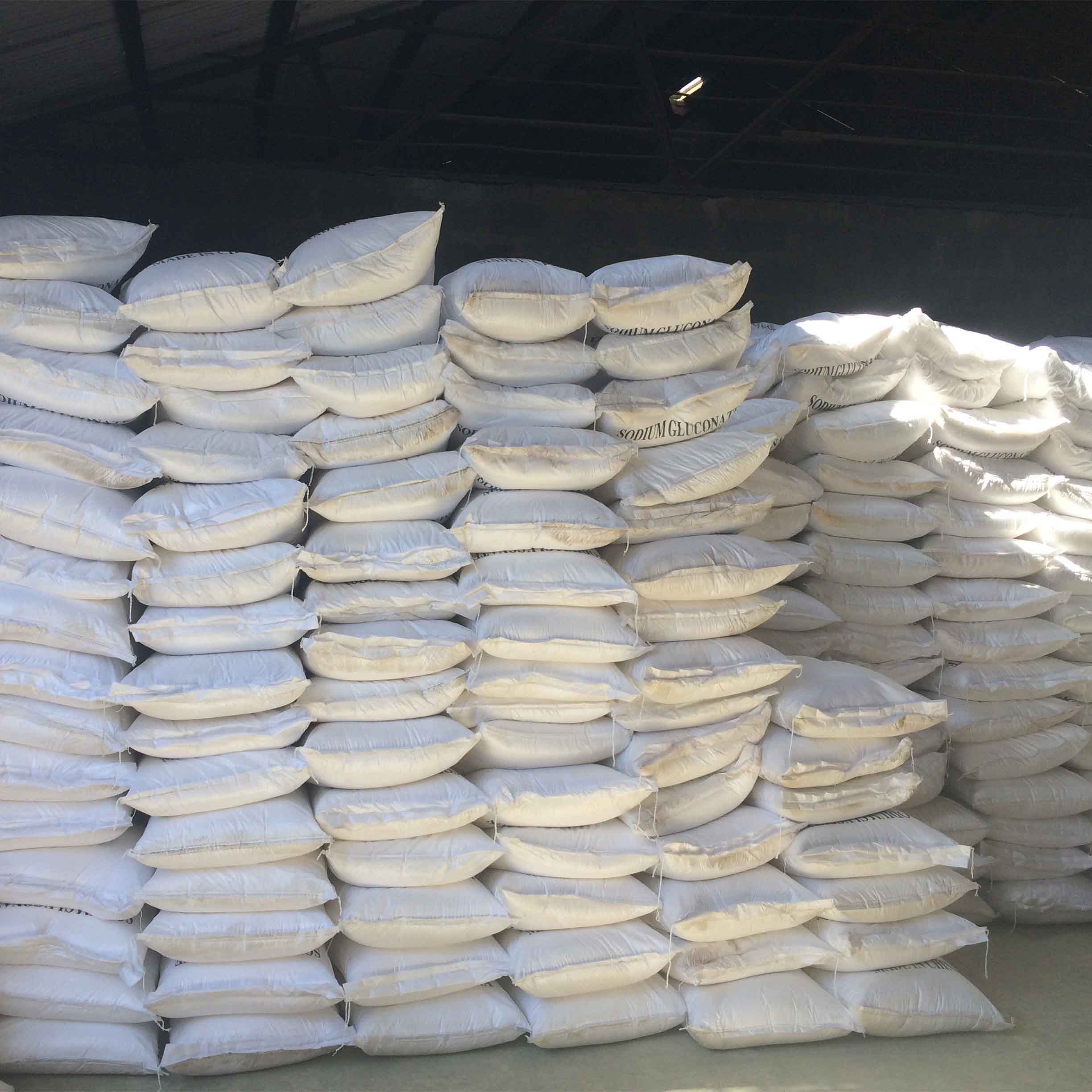
Sep . 03, 2024 18:50 Back to list
sulphate of potash
Sulphate of Potash An Essential Fertilizer Component
Sulphate of potash (K₂SO₄), often abbreviated as SOP, is a highly valued fertilizer in the agricultural sector, particularly for its potassium and sulfur content. These two essential nutrients play a pivotal role in plant growth and development, making SOP an indispensable element in fertilization strategies aimed at improving crop yield and quality.
Potassium is crucial for various physiological processes, including enzyme activation, photosynthesis, and osmotic regulation, which helps plants manage water efficiently. A well-balanced potassium supply strengthens plant resilience against diseases and environmental stresses, such as drought and salinity. Additionally, potassium enhances the quality of fruits and vegetables, improving factors such as taste, color, and shelf life.
Equally important, sulfur is a vital nutrient that contributes to the synthesis of amino acids, proteins, and chlorophyll. It plays a critical role in nitrogen metabolism and is significant for the formation of essential oils and vitamins in certain crops. Deficiency in sulfur can lead to stunted growth, reduced yields, and poor crop quality, making its presence in fertilizers invaluable.
sulphate of potash

SOP stands out among potassium fertilizers for several reasons. One primary advantage is its low chloride content, which is particularly beneficial for sensitive crops such as fruits, vegetables, and tobacco. High chloride levels can be detrimental to these crops, leading to physiological disorders and negatively impacting product quality. As a result, SOP is often preferred for a wide range of specialty crops.
Moreover, SOP is highly soluble in water, ensuring that both potassium and sulfur nutrients are readily available for plant uptake. This quick availability can significantly enhance nutrient efficiency, allowing for improved crop responses. Farmers and agronomists often use SOP in combination with other fertilizers to create tailored nutrient management plans that meet specific crop needs and local soil conditions.
In addition to its agricultural benefits, sulphate of potash is produced through environmentally friendly processes, often extracted from natural mineral deposits
. This sustainable production method aligns with the growing demand for eco-friendly farming practices, contributing to soil health and reducing the environmental impact of agriculture.In conclusion, sulphate of potash is a vital component of modern agriculture, providing essential nutrients that promote healthy plant growth and high-quality yields. Its advantages over other potassium sources, such as low chloride content and high solubility, make it an attractive choice for farmers around the globe. By integrating SOP into their fertilization strategies, growers can enhance the sustainability and efficiency of their agricultural practices, ultimately leading to increased food security and improved economic returns.
-
Organic 10-10-10 Fertilizer | Balanced Plant Nutrients
NewsJul.31,2025
-
Premium Amino Acid Fertilizer | Rapid Plant Growth Booster
NewsJul.31,2025
-
10 10 10 Fertilizer Organic—Balanced NPK for All Plants
NewsJul.30,2025
-
Premium 10 10 10 Fertilizer Organic for Balanced Plant Growth
NewsJul.29,2025
-
Premium 10 10 10 Fertilizer Organic for Balanced Plant Growth
NewsJul.29,2025
-
Premium 10 10 10 Fertilizer Organic for Balanced Plant Growth
NewsJul.29,2025
